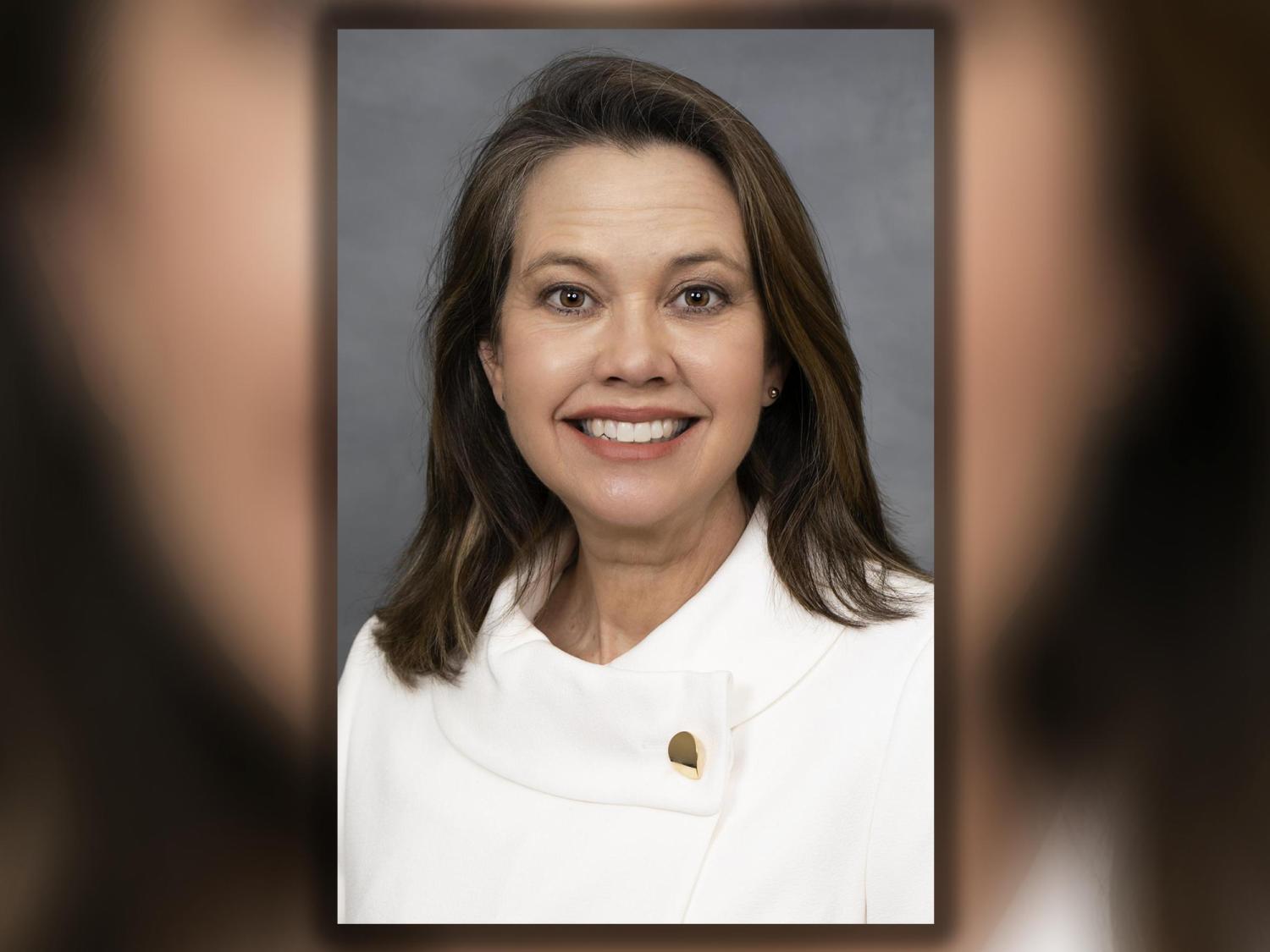State senator says State Board of Education took too long to address high school NIL in North Carolina
At least one state lawmaker in North Carolina seems to agree with the arguments of a lawsuit brought against the State Board of Education over its decision to ban high school athletes from profiting off their name, image, and likeness.
A letter written by Sen. Amy Galey, a Republican representing Alamance and Randolph counties who serves as the Chairwoman of the Senate Education Committee, said it has taken the board too long to address NIL at the high school level.
The state legislature passed Senate Bill 452 in 2023, which stripped the N.C. High School Athletic Association of its ability to make rules for various topics within high school sports and placed that responsibility with the State Board of Education. The state board’s authority included name, image, and likeness policies.
“The General Assembly passed Senate Bill 452 last year with a clear mandate that the SBE would regulate athletes’ ‘use’ of their NIL, not prohibit it altogether. The intent of the legislation was to give the SBE … the authority to promulgate rules to allow students to take advantage of NIL activities,” Galey wrote. “The SBE had more than three months to establish temporary rules to do just that. Instead, it chose to disregard the statutory mandate and completely ban NIL activities for high school athletes at North Carolina public schools for the 2024-25 school year.”
Rolanda Brandon, the mother of Grimsley High School quarterback Faizon Brandon, filed a lawsuit against the State Board of Education in August. A hearing is scheduled for Monday morning at the Wake County Courthouse.
The lawsuit seeks a preliminary injunction allowing Faizon Brandon and other high school athletes in North Carolina to profit off their name, image, and likeness, and the lawsuit specifically mentions the legislation Galey referenced in her letter.
Earlier this year, the State Bord of Education adopted temporary rules that banned NIL activities for high school athletes in North Carolina. However, in September, the board advanced a set of permanent rules that, if passed, would allow high school athletes to profit off their name, image, and likeness, but also provides guidelines and restrictions around those activities, as well as education and reporting requirements.
Galey says the process has put public school high school athletes at North Carolina in a bad spot because their peers at many private schools are allowed to profit off NIL.
“That decision put our public school athletes — and the schools they attend — at a disadvantage. It denied them the same opportunities available to some of their peers within the state and to students in almost 40 other states,” she said. “Students and families are already experiencing the real-world consequences of that decision. Countless students are missing out of NIL opportunities and, to make matters worse, the SBE is now embroiled in costly (and predictable) litigation that could have been easily avoided.”
The Brandon family says he is missing out on “a substantial sum of money” from a trading card company that wants to pay him for autographs before he enters college. Faizon Brandon is a five-star player who is ranked the No. 1 player in the nation from the Class of 2026. He recently committed to Tennessee.
“The best path forward is for the SBE to act as swiftly as possible to reverse course and allow our public school students to take advantage of the opportunities NIL offers. Every month that goes by places our students and State further behind others,” Galey said.
At the September meeting, State Board of Education Chairman Eric Davis defended the board’s process.
“NIL is a complex issue that requires thoughtful guidance, and given the limitations for the temporary rule making, the board chose to maintain the status quo and not authorize NIL in the temporary rule. We did, however, continue to consider and discuss this issue as we prepared for consideration for this permanent rule at this meeting,” Davis said. “We’ve worked with our staff, with the North Carolina High School Athletic Association to research best practices and needed guidelines, and we’ve listened to our constituents in preparing to consider this recommendation for NIL in a way that gives us the best opportunity to safeguard the students, their families, and schools.”
Under the rule-making process, the current proposed permanent rule introduced by the State Board of Education will go to a public comment period this fall. After that, the board could vote as soon as January to adopt the rule. If the rule passes, it would allow high school athletes at public schools in North Carolina to profit off their NIL beginning in July 2025.
Source: highschoolot.com
